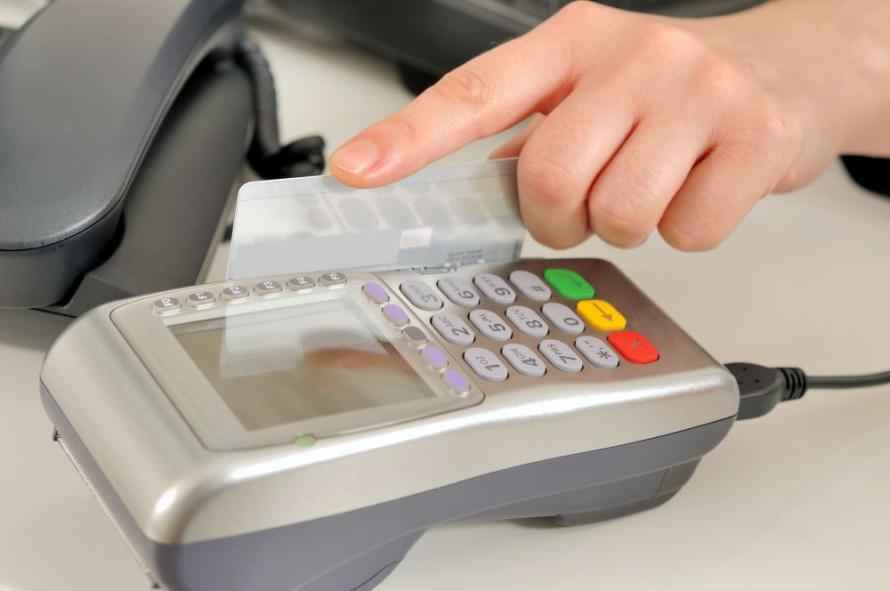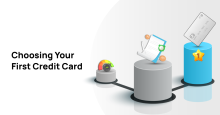Don’t Swipe Blindly! 7 Credit Card Tips Everyone Should Know

A credit card is more than just a convenient tool for making purchases; it is a financial instrument that requires responsible usage and planning. It’s like taking a short-term loan from the bank. If you’re not careful, this small piece of plastic can cause big financial problems.
In India, many people start using credit cards without knowing how they really work. They may spend too much or miss payments, which leads to extra charges and low credit scores. Before you swipe your card again, take a few minutes to understand these 7 important tips that can help you avoid mistakes and use your credit card the smart way.
1. Understand Your Billing Cycle and Due Date
Every credit card comes with a billing cycle, which is usually a 30-day period when your transactions are recorded. After this period ends, the bank gives you a few more days (called the grace period) to pay the bill. The final day to pay is called the due date. If you pay after this date, the bank will charge late payment fees and high interest. This can increase your bill a lot.
So, always keep track of your billing cycle. Set reminders on your phone or note it down in a diary so you never miss your due date.
2. Pay the Full Amount, Not Just the Minimum
Your credit card bill shows two amounts: the minimum amount due and the total amount due. Paying the minimum may seem like an easy option, but it’s risky. If you choose to pay only the minimum amount due, the bank will apply interest charges on the remaining outstanding balance. This interest keeps adding up every month and can make your bill very expensive over time. To avoid this, always try to pay the total amount due. That way, you don’t pay any extra interest or late fees.
3. Don’t Use the Full Credit Limit
Your card is issued with a predetermined maximum credit limit, which defines the highest amount you are authorized to spend. Just because you have that limit doesn’t mean you should spend all of it. If your credit limit is ₹1,00,000 and you spend ₹90,000, your credit usage is too high. This can affect your credit score, which banks use to decide if you’re a safe borrower.
Try to use only up to 30-40% of your credit limit. It indicates prudent management of your credit card.
4. Take Advantage of the Interest-Free Period
Most credit cards in India give you an interest-free period of up to 45 to 50 days. This means if you buy something on the first day of your billing cycle and pay the full bill before the due date, you won’t be charged any interest.
But if you don’t pay the full amount, this benefit goes away. Interest will be charged on every new purchase from day one. So if you want to enjoy the interest-free period, always clear your total dues every month.
5. Don’t Withdraw Cash from Your Credit Card
Credit cards provide the facility to withdraw cash from ATMs, commonly known as a cash advance service. But this is a very expensive feature. The bank charges a cash advance fee and interest from the very first day. There's no interest-free period here.
For example, if you withdraw ₹5,000 from an ATM, you may have to pay ₹150 to ₹200 as a fee, plus interest of over 3% per month. Unless it’s a real emergency, avoid using your credit card for cash withdrawals.
6. Watch Out for Hidden Charges
Some cards may seem free but may have hidden charges. Credit cards may carry various charges such as joining fees, annual fees, late payment penalties, Goods and Services Tax (GST), over-limit fees, EMI conversion charges, and foreign transaction fees. It is recommended to carefully examine the terms and conditions prior to submitting an application. You should also request the bank to provide a clear explanation of all applicable charges. Also, check your monthly bill carefully. If you find any extra charge, contact your bank immediately.
7. Use Your Reward Points Before They Expire
Most credit cards offer reward points every time you shop. You can use these points to get discounts, gift vouchers, or even cashback. But many users forget about these points or let them expire.
Visit your bank’s reward portal or app to check how many points you’ve collected and how to use them. Some cards give extra points for fuel, groceries, or online shopping, so check where your card offers the best value.
Using these points smartly can help you save a good amount over time.
Bottom Line
A credit card can be a helpful tool if you know how to use it wisely. It gives you financial flexibility, helps build your credit score, and offers rewards on spending. But if you misuse it, it can lead to high interest, penalties, and financial stress. So always spend within your limit, pay your bills on time, and stay aware of all charges.
In short, don’t swipe blindly—swipe smartly.




Leave a Reply